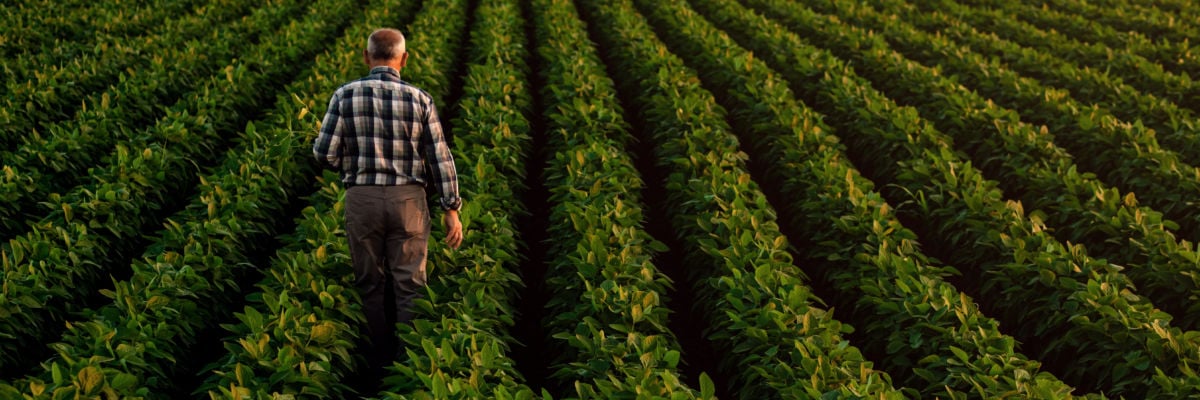
Question:
Answer:
The Church does not have an official teaching on genetically modified food, also known as genetically modified organisms (GMOs).
Pope Francis has expressed concern that the genetic modification of food may produce outstanding results in the laboratory, which “may be advantageous for some, but have ruinous effects for others.” The Pope added:
Genetic selection of a quality of plant may produce impressive results in terms of yield, but have we considered the terrain that loses its productive capacity, farmers who no longer have pasture for their livestock, and water resources that become unusable? And above all, do we ask if and to what extent we contribute to altering the climate?
In addition, the United States Conference of Catholic Bishops (USCCB) has offered constructive criticism and also expressed hope in how GMOs could be used:
Debate about genetically modified food aid reflects two key moral questions: Who will decide about the use and availability of these new technologies? And who will benefit from them? Some individuals and countries seek to reject genetically modified goods. They have major concerns about health and environmental risks. They also fear that other crops will be affected by genetically modified seeds, resulting in the loss of some trading partners. We accept their right to assess the risks and to choose to reject these products as long as lives are not put at risk. . . .
Agricultural products and processes developed over time by indigenous people should not be patented by outsiders without consent and fair compensation. To ensure that poor countries can take advantage of new technologies, strategies and programs will be needed to help transfer these technologies affordably. The driving force in this debate should not be profit or ideology, but how hunger can be overcome, how poor farmers can be assisted, and how people participate in the debate and decisions.



